Poles in Germany. Roads to visibility
Mediathek Sorted

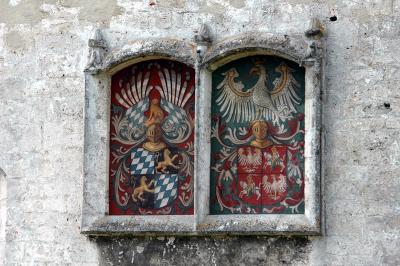






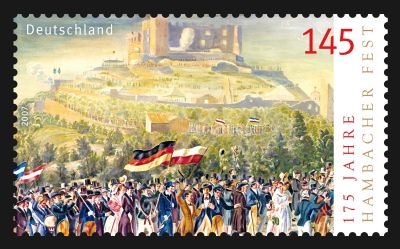












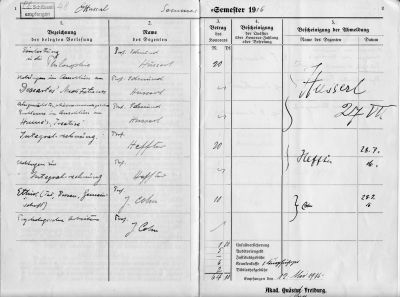
![„Pola Negri - unsterblich“ [‘Pola Negri - immortal’] „Pola Negri - unsterblich“ [‘Pola Negri - immortal’] - A film documentary about the life and work of one of Germany's greatest silent film stars of Polish origin. (German)](/sites/default/files/styles/width_100_tiles/public/pola_negri_-_filmstill_2_0.jpg?itok=2xsBI27X)
„Pola Negri - unsterblich“ [‘Pola Negri - immortal’]

„Drei Tage im November. Józef Piłsudski und die polnische Unabhängigkeit 1918“













Artur Brauner - Ein Jahrhundertleben zwischen Polen und Deutschland


Teresa Nowakowski (101) im Gespräch mit Sohn Krzysztof, London 2019.



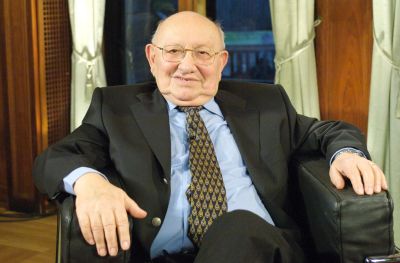

Karol Broniatowski's memorial to the deported Jews of Berlin


Film "The Madman and the Nun" - St. Ignacy Witkiewicz, Filmstudio Transform, Director: Janina Szarek

WORMHOLE, 2008


Interview with Leszek Zadlo
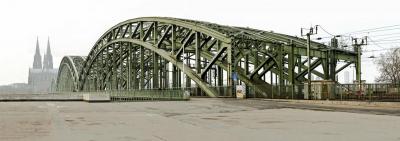

ZEITFLUG - Hamburg







Der Planet von Susanna Fels
























![A film documentary about the life and work of one of Germany „Pola Negri - unsterblich“ [‘Pola Negri - immortal’] - A film documentary about the life and work of one of Germany](/sites/default/files/styles/width_100_tiles/public/pola_negri_-_filmstill_2_0.jpg?itok=2xsBI27X)





































Forced migration: The period of the world wars
Whilst, to this point, Poles had migrated voluntarily or had felt compelled to migrate at most out of economic necessity, the First World War was a turning point: By the end of the war, more than half a million Poles living abroad were recruited for the economy in the Empire, increasingly through coercion as well. Sometimes they also fled from the events of war or, as was the case with Polish Jews, for fear of anti-semitic riots. Directly after the war, there were around 3,500 “East European Jews” in Frankfurt am Main, who for the most part stayed here initially, as was the case in other parts of Germany. Often, however, their mother tongue was not Polish but Yiddish; some spoke German or Russian better.
As a result of new borders being drawn in the wake of the Treaty of Versailles and some referenda that followed, Germany lost a large part of the Polish settlement areas in the East. At the same time, because some of the Polish economic migrants from the Ruhr area and from other places were migrating back to an independent Poland or were looking for work in other countries, the number of Polish-speaking residents fell quickly. In the 1920s, there must have been around 1.5 million Polish-speaking people and this number continued to fall until 1939, particularly as a result of the gradual assimilation to the German majority of the population, which was later enforced by the Third Reich. There were now hardly any centres of Polish life left in Germany; but Berlin, Westphalia and western Upper Silesia still had a considerable group of people who were prepared to stand up for Polish issues. Generally speaking, because of the poisonous atmosphere between Germany and Poland, many Poles preferred to make themselves “invisible” and not stand out in German society. The “Union of Poles in Germany”, which was founded in 1922, was unable to stop this development. Incidentally, Poles only had minority status in the part of Upper Silesia that had remained German, and they only had that until 1937.
Poles living in the Empire had several press bodies which, however, suffered considerable financial difficulties. For this reason, “Wiarus Polski”, which had been published in Bochum since 1890, moved its head office to the industrial region of northern France which had a large-scale Polish migration, and “Narodowiec”, which had been published in Herne since 1909, followed in 1924. This meant that the only daily newspaper remaining was the “Dziennik Berliński”, which was founded in Berlin in 1897 and which existed with the support of the “Union of Poles” until war broke out in 1939.
But Poles did not disappear from public life in Germany completely: The film stars Pola Negri and Jan Kiepura enjoyed great success. And Polish Jews also played an important role in music culture and in the entertainment industry, like the band leader Marek Weber. And if you search a little further, you come across a large number of virtually forgotten traces of people. Such as the Bauhaus student Jesekiel David Kirszenbaum or the photographer Stefan Arczyński.
However, this German-Polish-Jewish symbiosis was destroyed by the Nazis: At the end of October 1938, they deported all Polish citizens of Jewish origin to Poland; around 17,000 people were thrown out of their houses overnight. This was a “prelude to the extermination” which was to start soon after.
The Second World War turned Europe on its head. The senior-level representatives of Poland that lived in the Empire were persecuted and some were murdered in concentration camps. A large proportion of conquered Poland was joined to the Empire, the Polish people – Jews and non-Jews – were persecuted, enslaved, expelled and exterminated. Depending on the region, many Poles were forced to sign the “German People’s List”, many young men were then conscripted to the Wehrmacht. Polish officers who were prisoners of war spent the war in camps, simple soldiers were used as forced labour. Around 2.8 million Poles worked for varying lengths of time as forced labourers in industry or agriculture, sometimes under inhuman conditions. Hundreds of thousands were taken to the concentration camps; Jewish Poles were often taken directly to the extermination camps.



























































































